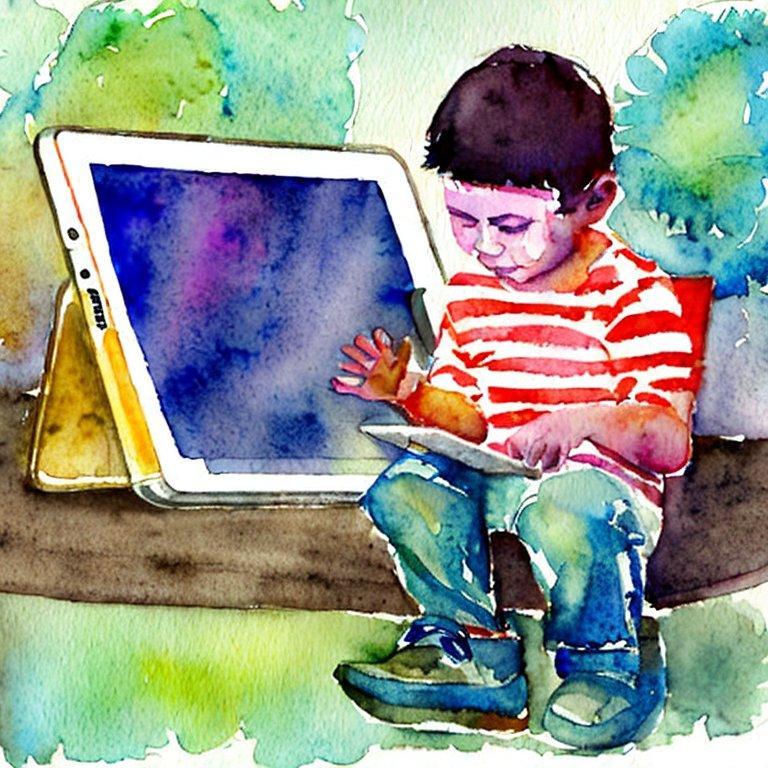The internet has become an integral part of our lives, and children are no exception. They use the internet for schoolwork, socializing, and entertainment. While the internet has many benefits, it also poses several risks to children, such as cyberbullying, exposure to inappropriate content, and online predators. As a parent, it's important to ensure your child's safety online. In this article, we'll provide you with some tips for safe and secure online activities for your child.
Introduction to Internet Safety for Children
It's crucial to educate your child about internet safety from an early age. Start by discussing the risks and benefits of the internet with your child, and emphasize the importance of staying safe online. Teach your child to never share personal information online, including their full name, address, phone number, and school name. Also, teach them how to recognize suspicious messages and how to report them.
Parental Controls and Monitoring Tools
There are various parental control and monitoring tools available that allow parents to monitor their child's online activities. These tools help block inappropriate websites, set time limits for internet use, and provide alerts when your child accesses certain websites or types of content. Some popular parental control and monitoring tools include Net Nanny, Qustodio, and Norton Family.
Safe Social Media Use for Children
Social media can be a great way for children to connect with their friends and family. However, it's important to ensure that they use social media safely. Teach your child to set their social media accounts to private, only accept friend requests from people they know, and never share personal information on social media. Encourage your child to come to you if they receive any suspicious messages or if they feel uncomfortable with any social media interactions.
Cyberbullying Prevention
Cyberbullying is a significant issue in today's digital world. As a parent, you can help prevent cyberbullying by teaching your child to be respectful and kind online. Encourage them to stand up to cyberbullying and to report it to a trusted adult. You can also use monitoring tools to track your child's online interactions and to detect any signs of cyberbullying.
Safe Online Gaming
Online gaming is a popular activity among children, but it can also pose risks. Teach your child to never share personal information while gaming, to only play with people they know, and to avoid games that have violent or inappropriate content. Additionally, monitor your child's gaming activities and set time limits to ensure that they don't spend too much time playing games.
Safe Online Shopping
Online shopping is convenient, but it can also be risky if proper precautions are not taken. Teach your child to only shop from trusted websites and to never share personal information while shopping online. Also, monitor your child's online shopping activities and ensure that they don't make any unauthorized purchases.
Conclusion
The internet is a valuable resource for children, but it's crucial to ensure their safety while online. As a parent, it's important to have open and honest discussions with your child about internet safety and to monitor their online activities. Use parental control and monitoring tools, teach your child safe social media use, prevent cyberbullying, ensure safe online gaming and shopping, and always be available to help your child if they encounter any problems online.










